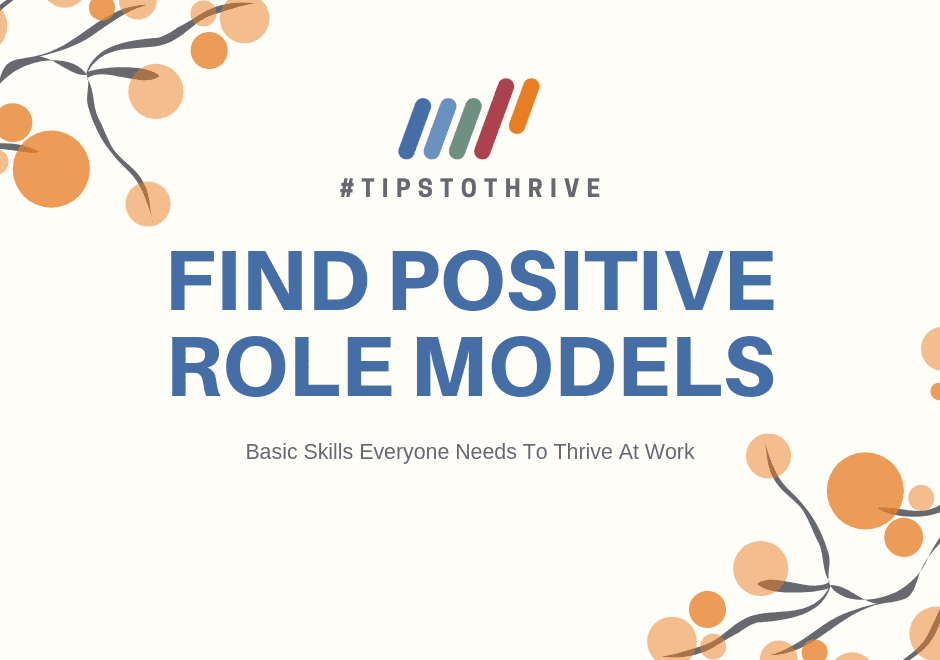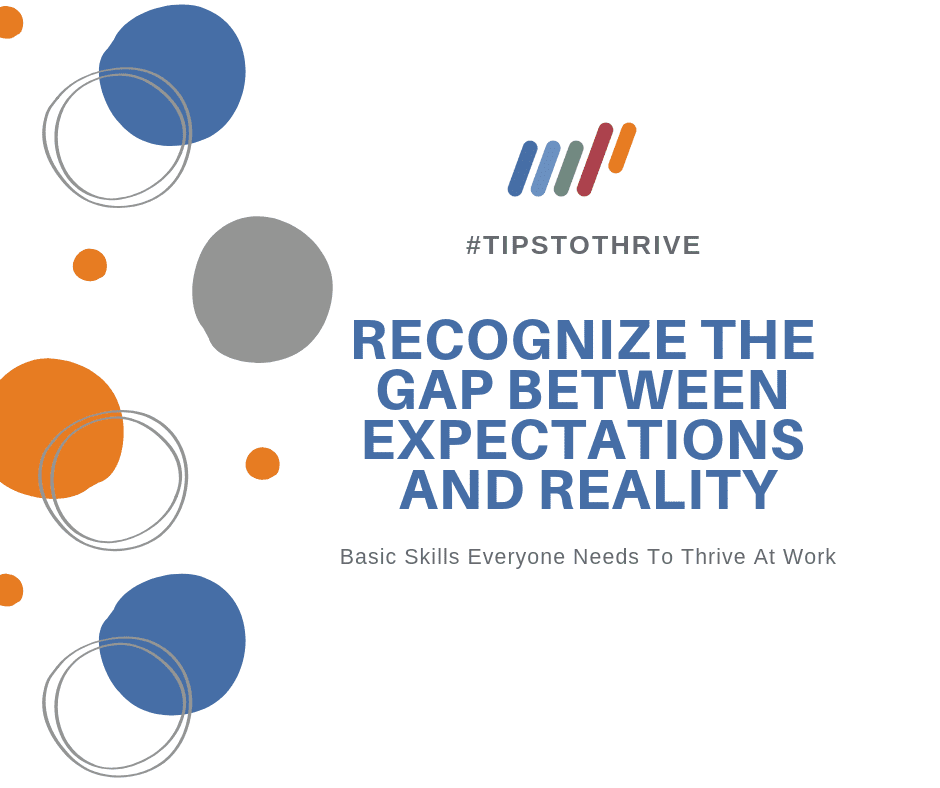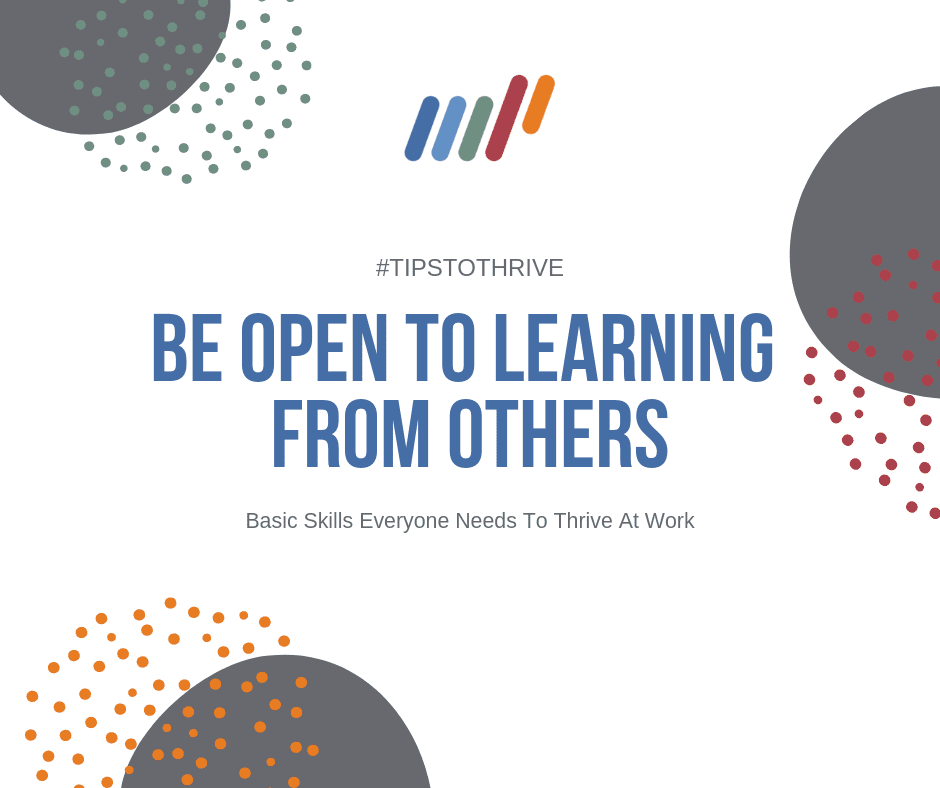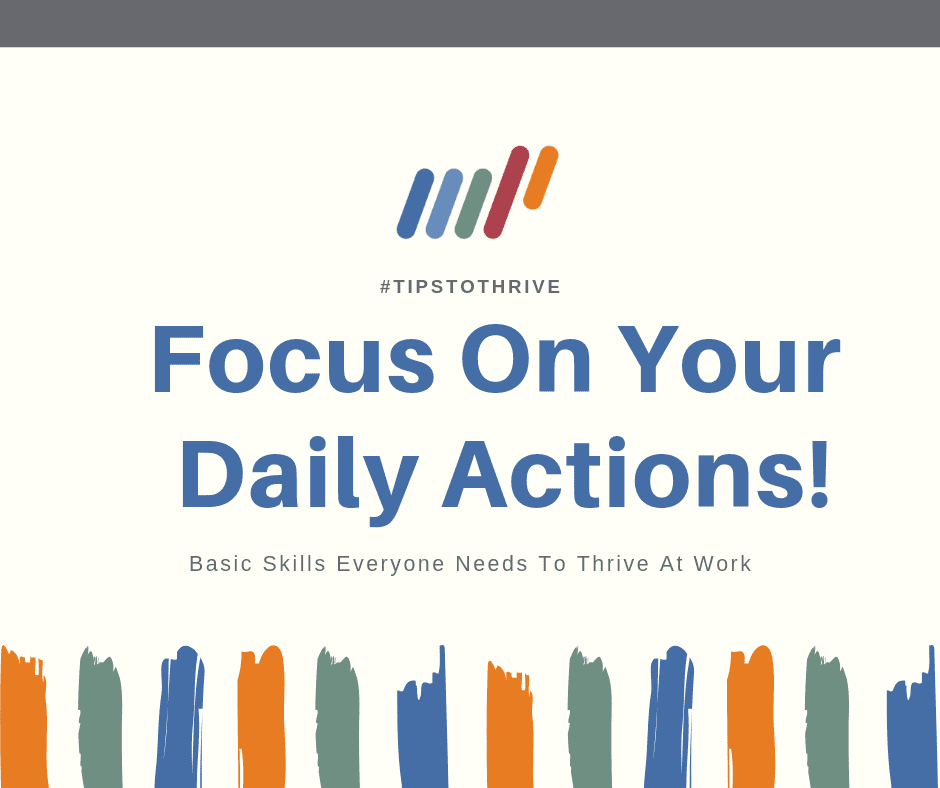Back to Basics: Integrity & Ethics In The Workforce
 Every strong partnership is centered around trust, and trust is centered on integrity and ethics. This includes your employment relationships. When a company brings you into their circle, and provides you access to their resources and private data, you become an extension of their brand. With that comes the responsibility of holding yourself to a high standard of conduct, honesty, personal accountability, and ethics – even when no one is standing over your shoulder watching you.
Every strong partnership is centered around trust, and trust is centered on integrity and ethics. This includes your employment relationships. When a company brings you into their circle, and provides you access to their resources and private data, you become an extension of their brand. With that comes the responsibility of holding yourself to a high standard of conduct, honesty, personal accountability, and ethics – even when no one is standing over your shoulder watching you.
Here are 4 key ways to demonstrate a commitment to integrity and ethics while on the job.
Be Mindful of How You Represent the Company
As a team member of any organization, it is important that employees are mindful that they are an extension of the company’s brand, and what they say or do may (at times), get tied back to the organization – especially in today’s digital society. Many people even have direct public ties to their employer through their email address, the company’s website, resume databases, or even designating the company as their employer on social media pages like LinkedIn and Facebook; making it even more critical that employees are thoughtful with how they are representing the employer.
While most people know that they should not speak on behalf of their employer unless previously asked, and most know that they should not misrepresent their role within an organization, or be dishonest when working with a client or vendor – another angle to consider is getting caught up in seemingly harmless online chatter or conflict, or posting vile or obscene content. Even when you are not directly representing the company, chances are there are enough breadcrumbs out there on the internet for someone to figure it out and potentially use that information to create an issue for both you and your employer. Before hitting send on that comment or controversial thread, or trolling the internet looking for a good argument, or posting that questionable meme – pause and consider if the risk to both your brand and your employer’s is worth it.
Make Ethical Business Decisions
Since ethics are founded on moral code, it could be said that they can be relatively subjective and depend on an individual’s personal beliefs and values, which at times can create conflict. What we want to bring attention to are those universal ethics; the ones that are less philosophical and more of a common code of basic conduct. Some universal ethics that translate into business include: avoiding deceptive or dishonest behavior, discrimination, or blatant criminal activity – all of which are behaviors that cannot and should not be tolerated in any organization.
In addition to universal ethics, many companies today have a clearly defined and written code of ethics that they use to help guide all of their business decisions. Employees should all make the time to familiarize themselves with their employer’s unique code of ethics, and use that information to guide their actions.
Be Honest About How You Spend Your Time
Working with integrity means being responsible and accountable for how you spend your time while on the clock. At the end of the day, employees are being paid for the time they put into producing work-related results. It should go without saying that employees are responsible for accurately reporting their time, whether arriving late, leaving early, or taking a day off – honesty and attention to detail are important. The occasional tardy arrival can often be forgiven, but when someone is dishonest, it breaks trust and puts their credibility, reliability, and integrity into question.
In addition to accurately reporting time, employees should also be keenly aware of how they are spending their working hours. If team members are mindlessly surfing the web, chatting it up with co-workers about non-work-related issues, or just daydreaming their day away – they are in effect stealing from the organization because the time they are being paid for is not being spent on work-related activities. Don’t get us wrong, there are definitely opportunities to take those mental breaks throughout the day – but if it is disrupting productivity, it is not demonstrating a high level of integrity.
Respect Intellectual Property
Employees likely have access to information about the company’s internal processes, clients lists, customer information, strategic plans, and a litany of other intellectual property that they have been entrusted to protect. To demonstrate ethics and integrity means to properly safeguard the company’s sensitive information.
Respecting intellectual property doesn’t only mean not sharing proprietary and confidential information with outside sources, it means following all company policies, procedures, and guidelines developed to protect that information. This includes safely filing and storing printed documents, keeping passwords secure, adhering to all physical security protocols, and protecting any systems from being accessed by others. Policies that address security are put in place to protect the company and each employee is responsible for respecting and complying with them.
If you are looking for a reliable partner in your search for your next employment opportunity or your next great employee, feel free to reach out to the team at Manpower.









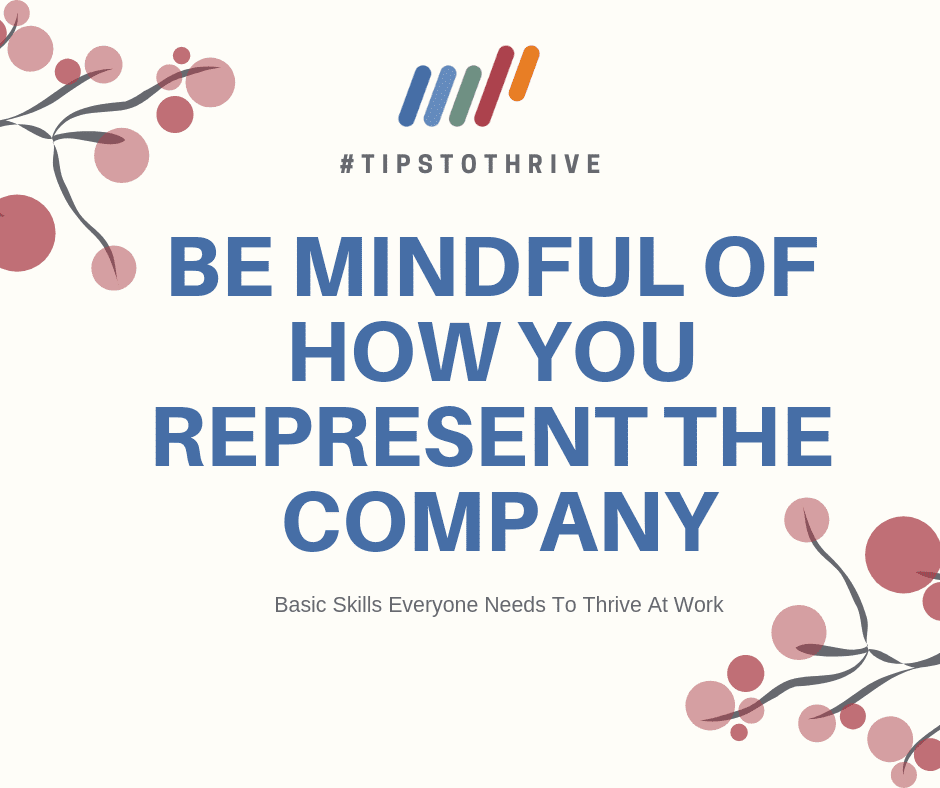

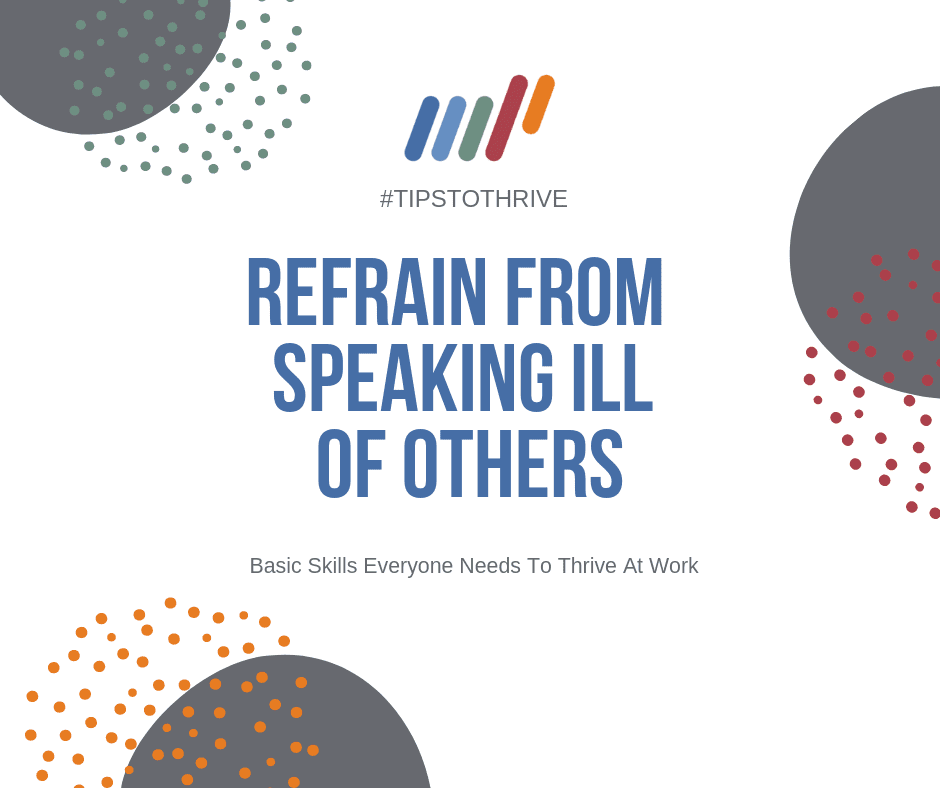










 What Will You Bring To The Job?
What Will You Bring To The Job?






 As employers, we are all looking for team members that have ‘it’. We know when it is lacking, and we know when it is exceptional, but most often it falls somewhere in between. The ‘it’ factor we are talking about is, of course…work ethic. Work ethic is often
As employers, we are all looking for team members that have ‘it’. We know when it is lacking, and we know when it is exceptional, but most often it falls somewhere in between. The ‘it’ factor we are talking about is, of course…work ethic. Work ethic is often 

